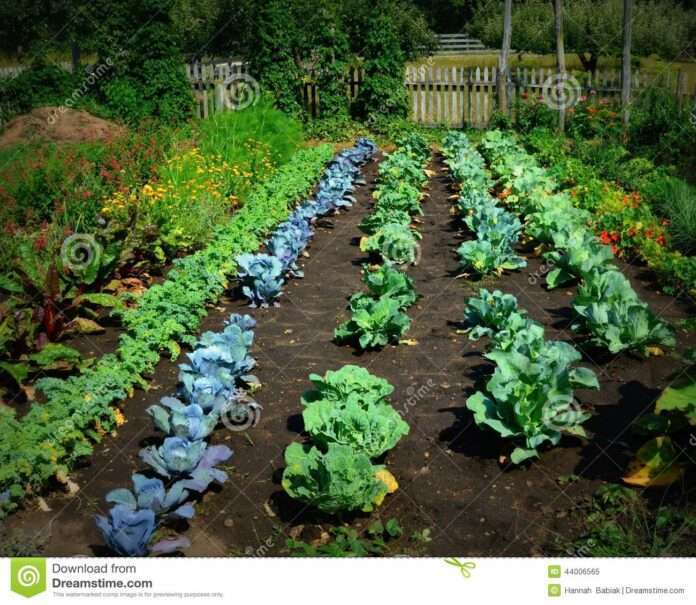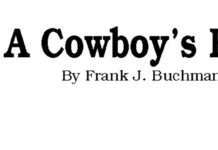Welcome to Better Kansas, where this week we pull out positive nuggets from this past year, plus grant writing workshops, the dollars and cents of gardening, swine research into a devastating disease and wheat growers, do you know where your cattle are? This is a small glimpse of what K-State Research and Extension across the state has to offer. Share on social media and subscribe! – Mary Lou Peter [email protected]
Better Living, Better Communities
WE’RE MORE THAN A YEAR INTO THIS PANDEMIC and although we’ve seen hopeful signs, there is plenty of reason to stay vigilant. I’ve often thought that sometimes out of bad things, come good things. It doesn’t mean we welcomed the bad experiences or wanted them to happen. But we can acknowledge how we may have changed or learned as a result of those experiences. A K-State nutrition specialist covers a bit of that in Healthy Living: Specialist shares possible pandemic positives. Many of us in fact, are washing our hands more often and are more intentional when we go shopping. Of course, given this past year, I still feel like going to the grocery store is a big outing!
A PASTOR, A VOLUNTEER FIRE FIGHTER AND A NEIGHBORHOOD ACTIVIST WALK INTO A BAR …. No wait, that’s a different story! Seriously though, they may have all walked into (or logged into) a grant writing workshop where they learned how to write proposals to fund everything from new playground equipment to safety equipment for firefighters. Because there’s money out there to fund all kinds of projects, K-State Research and Extension has hosted more than 60 grant writing workshops across the state since 2016 and thanks to the internet, the pandemic hasn’t stopped them. More are coming up April 14 & 21 hosted by the Central Kansas Extension District and April 27 & 29 hosted by the Chisholm Trail Extension District. They are for veteran grant writers, as well as rookies. More information about the effort in general is available in Changing the future of communities, one grant at a time.
Better Farming, Ranching and Gardening
IF YOU’RE STILL DECIDING WHETHER TO START A FOOD GARDEN this year, Gardening 9-1-1: Costs and Benefits of Home Gardening may be beneficial. It sheds light on the average cost of a garden, including soil, amendments, seed, tools and such ($167 to $322), plus how to put a value on the produce after harvest. For me, the intangible benefit is how good you feel when you’ve grown something successfully. I’m still thinking of that wonderful cantaloupe I grew years ago … that variety I forgot to save the label for, so didn’t remember what to buy the next year. Don’t be like me … hang onto those labels at least until you know if the outcome is tasty! The fact sheet also touches on the topic of “locally grown” foods.
EIGHT YEARS OF K-STATE RESEARCH LED TO “A DISQUIETING SCENARIO” FOR SWINE PRODUCERS, that feed and feed ingredients could potentially serve as a means for the introduction and transmission of foreign animal diseases in swine. Of particular concern is the possibility of African Swine Fever, a highly contagious and deadly virus. At this point, ASF has not been identified in the U.S. and researchers are working to keep it that way. The disease is not a food safety issue and not a threat to human health but could devastate a country’s swine industry. Read more about the research, plus a USDA Animal and Plant Health Inspection Service resource page on the topic.
ONE OF THE ADVANTAGES TO GROWING WINTER WHEAT is that in addition to its value as a grain crop to be harvested in early summer, a grower can also graze cattle on it … up to a point. And in parts of Kansas some wheat varieties have reached that point. That point is known as first hollow stem or FHS of development. After the crop hits FHS, leaving cattle to graze it can impede optimal grain yield at harvest time. Check out this Agronomy eUpdate article for details on this topic in general, as well as a recent update.
_
For more resources and activities, contact the K-State Research and Extension office in your area. Check out our other blogs and subscribe to our weekly emails here: https://www.ksre.k-state.edu/news/blogs/
by Mary Lou Peter on April 1, 2021





